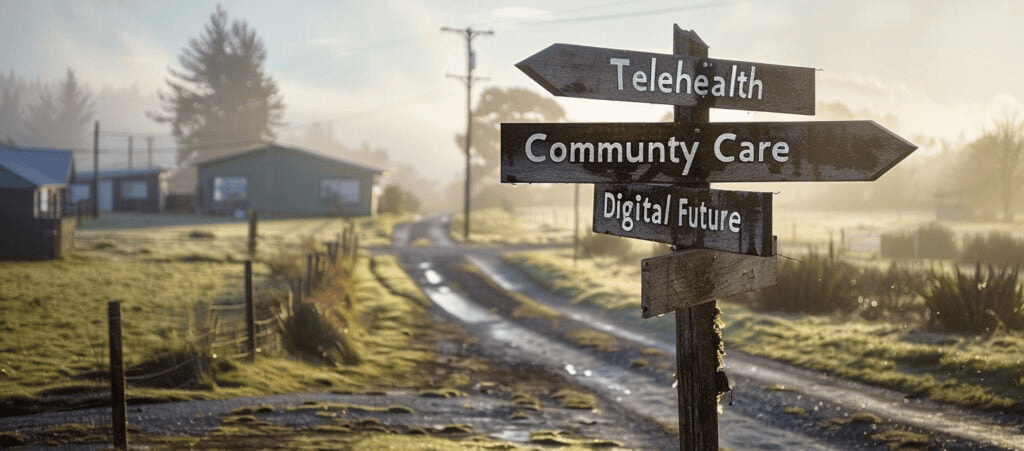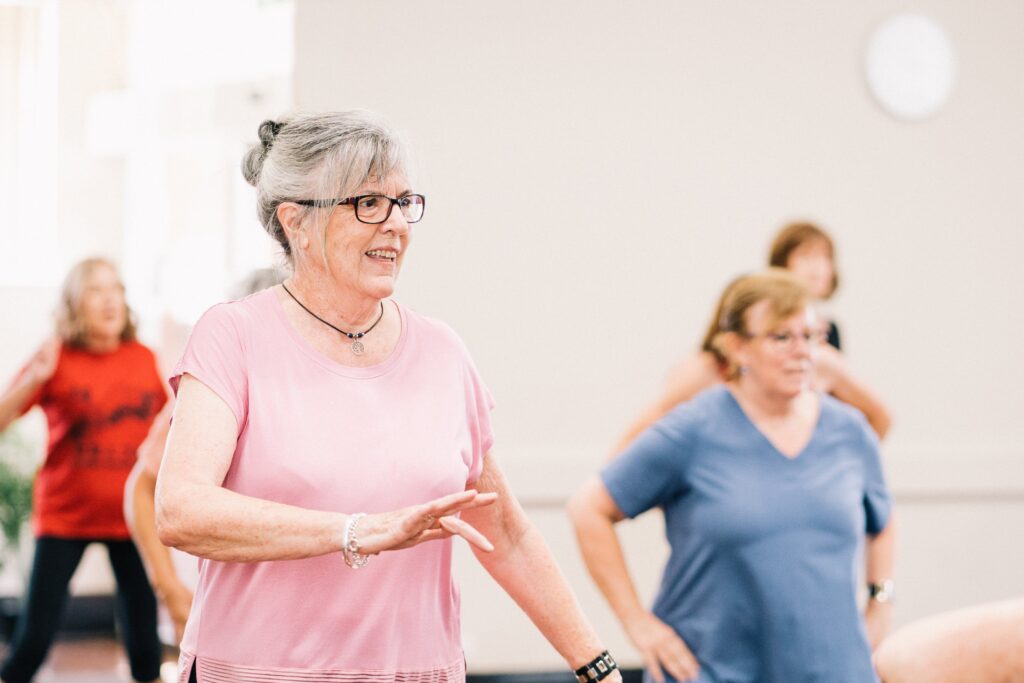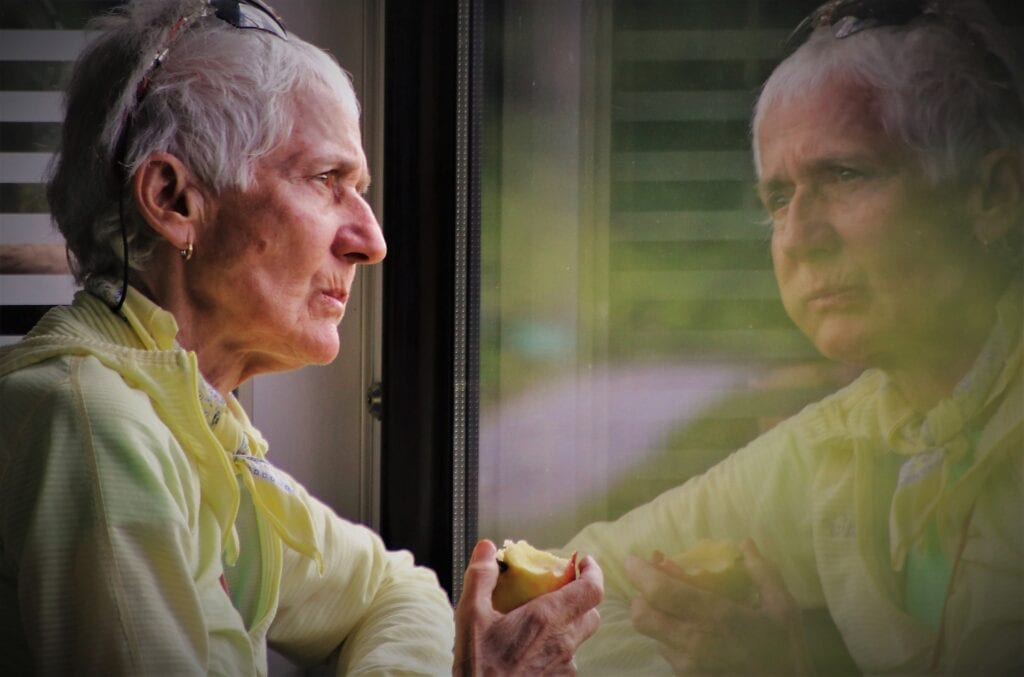Bridging the gap: the evolving role of diversional therapy in rural healthcare

I have just been looking through the Rural Health Strategy 2023 document issued by the New Zealand government, which highlights the high health needs of rural communities. It makes me wonder what the role of the Diversional Therapist in the future will look like. With the shortage of doctors and nurses, will telehealth and virtual visits become a way of life in rural communities? Will the Diversional therapist’s hands-on and personal approach be overlooked in a digital world? Or will we be able to set up smaller community based programmes to cater for the needs of our rural clients? I don’t have the answers, but I thought it might be useful to reflect on the issues and look at how our roles might change in the not so distant future.
According to the 2018 Census, most people live in urban areas.
- 51.2% of the population in the major urban areas of Auckland, Christchurch, Wellington, Hamilton, Tauranga, Dunedin and Lower Hutt.
- 14.1% in large urban areas (such as Rotorua, Whanganui and Invercargill).
- 8.4% in medium urban areas (such as Cambridge, Te Awamutu and Rolleston).
- 10.0% in small urban areas (such as Thames, Stratford and Gore).
- 16.3% in rural areas (this equates to around 800,000 people).
Older people are more likely to live in rural communities than people in other age groups, as younger people leave to study or pursue their careers in a more urban setting. Around one-quarter of people aged over 65 years live in rural communities (making up 20% of the total rural population in 2018). Māori kaumātua are even more likely to live rurally, with 34% of the Māori population over 65 years living in rural areas. In rural areas the health challenges posed by an ageing population are compounded by the lack of public transport options and the distances involved in accessing health care and community facilities. The centralisation of medical centres has meant that long distances have to be covered for specialised care – Dunedin hospital, for example, covers the whole of the lower South Island, with a widely dispersed catchment of 289,000 – and a four hour round trip to keep a medical appointment is not uncommon.
Although small rural communities are often supportive and close knit, they can only really help people who reach out to them. Some people in isolated rural dwellings may be living in terrible conditions and not coping, but who’s to know? I can think of several cases where Meals on Wheels, the only outside visitors to an isolated client, have alerted local medical services when that client got sick. The clients (usually men) come into our small rural hospital for recuperation and then return home with a care package that they would never have asked for by themselves.

So where do Diversional Therapists fit in? Perhaps our role will be one of coordination and resourcing – keeping up to date with what is available in the area and passing on the information to our clients. We could perhaps run a community based activity once a week and make sure our clients are able to attend. We could make sure we have a phone call (or even a video call) with each client on a weekly basis, and liaise with other healthcare teams to contribute to a holistic care plan. We could talk with key people in each community and see if activities can be organised: for example, if a person was keen on rugby, see if someone from the local rugby club would pick them up and take them to games. Church groups, iwi and other community organisations also support those in need, and working with them, we could perhaps help to coordinate a range of community events, volunteer visitors, transport options and activities that meet our client’s needs.
One thing is certain: the landscape of support for rural health is going to change.
An ageing population of baby boomers will increase the challenges, as will rising transport costs and shortages of medical staff across the country, which is particularly felt in rural areas. It will be interesting to see how the challenges of the next decade will be met, and where we Diversional Therapists will fit in.






Responses